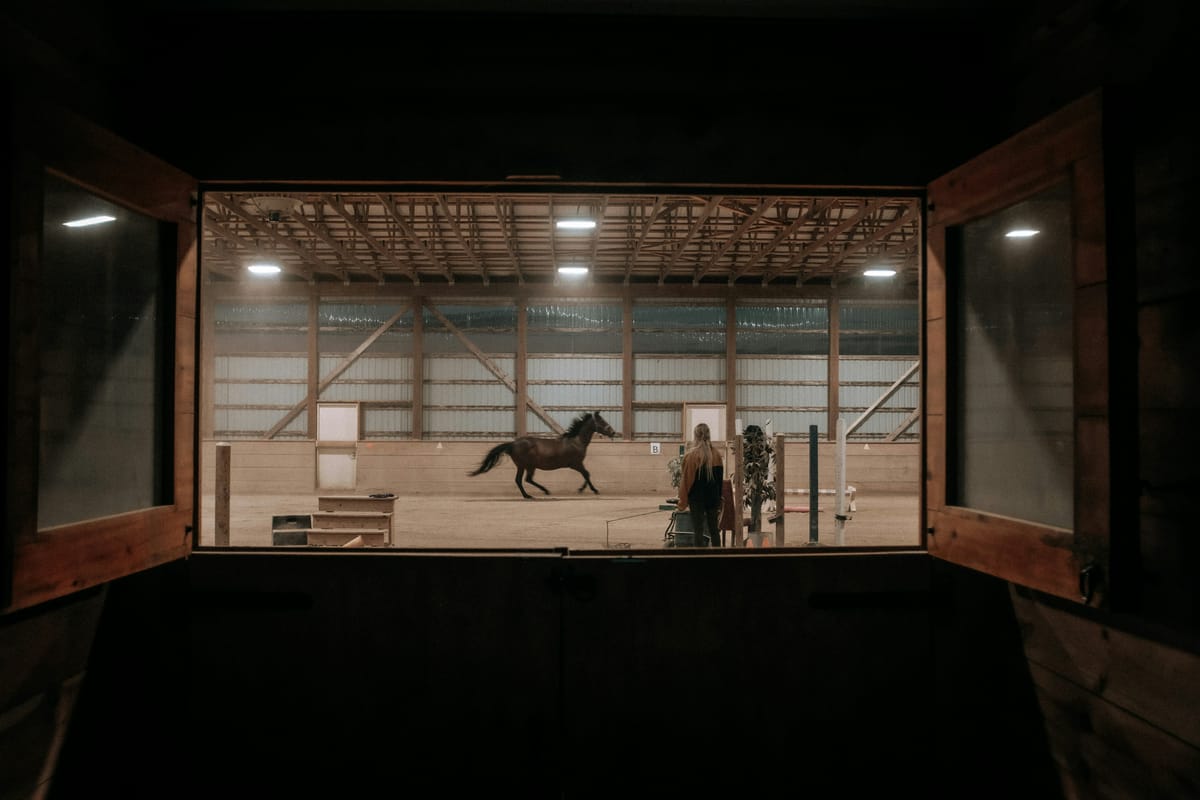New Mexico Supreme Court Clarifies Immunity Rules Under Civil Rights Law

SANTA FE, N.M. — The New Mexico Supreme Court has ruled that state agencies acting like courts may claim judicial immunity from lawsuits brought under the state’s Civil Rights Act, a decision that sets a significant precedent for government accountability in the state.
The June 2 ruling marks the high court’s first interpretation of the 2021 New Mexico Civil Rights Act, which removed qualified immunity for public officials but preserved other forms of immunity. The decision offers guidance on when state agencies—especially those in the executive branch—can claim protection from lawsuits stemming from their disciplinary or adjudicatory actions.
Horse Racing Case at the Center
The case centers on Bradley Bolen, a horse trainer who claims that the New Mexico Racing Commission retaliated against him in the summer of 2021. Bolen says the Commission disciplined him after he advocated for the reinstatement of his assistant trainer’s license. He argues that the disciplinary proceedings violated his constitutional rights and were an act of vindictive prosecution.
The Racing Commission fined Bolen $500, which was suspended so long as he avoided further discipline for one year. Bolen appealed to the board of stewards but later withdrew the appeal and filed a civil rights complaint in state court.
The Commission, in turn, argued that it acted in a quasi-judicial capacity and therefore should be shielded from the lawsuit. A district court initially rejected the Commission’s claim to immunity, but the New Mexico Court of Appeals later reversed that decision, allowing the Commission to invoke a judicial immunity defense.
Supreme Court Offers a Framework
Rather than deciding the immunity question outright for the Racing Commission, the Supreme Court sent the case back to the Court of Appeals to determine whether the Commission was acting “like a court” in its proceedings against Bolen.
The ruling emphasizes that government bodies can claim judicial immunity only when performing quasi-judicial functions. The justices provided a framework for assessing whether an agency’s disciplinary actions qualify.
Joshua Kastenberg, a constitutional law professor at the University of New Mexico, said the decision reflects the Legislature’s intent when passing the Civil Rights Act.
“They wanted to make sure that the citizens would keep the state government accountable, except in the judicial arena,” Kastenberg said. “It’s a victory for all New Mexicans... it’s going to maintain that important balance of a functioning government and government accountability.”
Implications for Civil Rights Lawsuits
The Supreme Court’s opinion confirms that the Civil Rights Act allows lawsuits against state officials for constitutional violations, but it also preserves long-standing immunity doctrines, including judicial immunity. Kastenberg explained that such protections exist so judges and judicial-like bodies can make rulings without fear of personal legal consequences.
“A judge... is supposed to be able to make their rulings free from the fear of public pressure or litigation,” he said.
If the Court of Appeals finds that the Racing Commission was not acting in a judicial role, Bolen’s lawsuit may proceed. However, Kastenberg noted that the case remains undecided on the merits.
“Bolen did not win in the sense that he hasn’t proven his civil rights were violated,” Kastenberg said. “He only won in the sense that he gets to have his day in court.”
